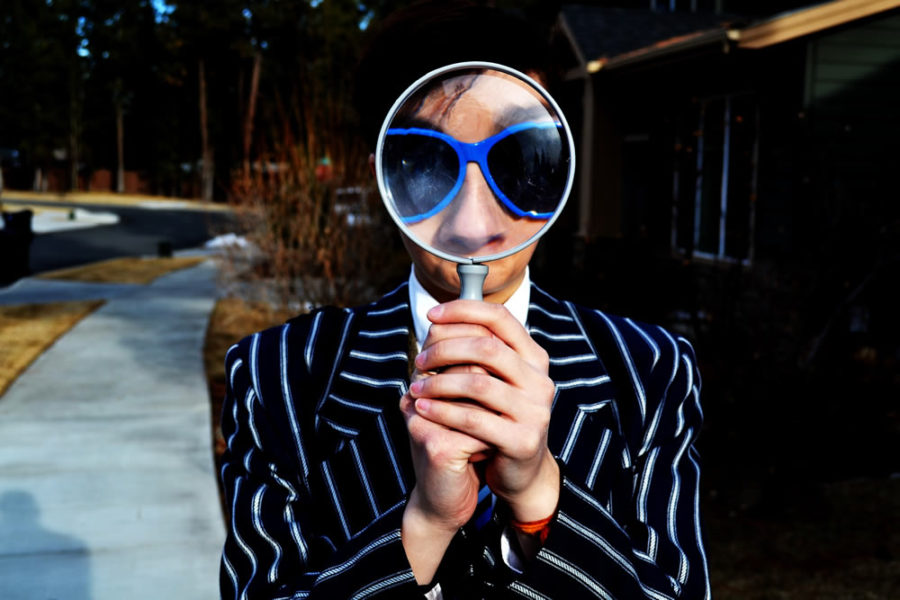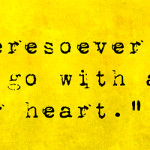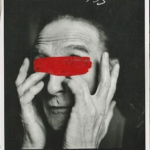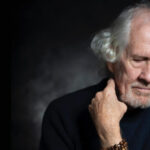
Excerpt from Mark Manson’s weekly article 5.24.21
This will be the last installment of my ongoing discussion of whether or not today’s society is “too aware”. To catch people up real quick, two weeks ago, I suggested that perhaps social media has caused an over-abundance of awareness of social issues, which has become counterproductive. Last week, after many reader responses, I wrote that perhaps it’s not that we’re too aware of the problems of the world, but not aware enough of the solutions.
Well, after another round of discussion with a lot of thoughtful readers, I think I’ve come to a firm conclusion on what I believe about this subject:
- In the social media age, we have transitioned from a few people knowing a lot about their own particular cause, to everyone knowing a little bit about every cause.
- For a few social causes, this might be beneficial. But for many social causes, it’s probably unhelpful at best, and deeply distracting and counterproductive at worst. Most social causes likely need highly dedicated, highly informed activists working for long periods of time. This is pretty much the opposite of what social media activism is.
- The unfortunate side effect of this shallow awareness of every issue is that large numbers of people have become incredibly and irrationally pessimistic about the future. They have a superficial understanding of the problem without really knowing the facts, history, or trade-offs involved with that problem. Therefore, the internet gets flooded with bad takes and lots and lots of angry people writing mean things to each other.
- This widespread pessimism and occasional hysteria occasionally erupts into large and often misguided political movements. Protesting becomes performative—more about signalling which crowd you identify with rather than any actual cause.
- The ineffectiveness of these political movements and protests eventually generates greater pessimism and frustration, and then it’s hello darkness, my old friend.
What can we do about this?
As always, follow a strict attention diet. Choose better information sources—i.e., follow experts over influencers. Get comfortable with finding and thinking in terms of statistics rather than stories (most statistics show things getting better; most stories show things getting worse). Learn to ask yourself, “What if I’m wrong?” — and then ask it all the damn time. Practice empathy, especially with those whom you disagree. Put the phone away and maybe go outside.
Eat a burrito. Pet a dog. Look at a sunset or something.
You’re going to be fine.
Until next week.






























